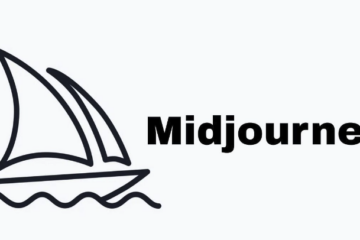rm is a basic command line tool on Linux OS. It is efficient but can be dangerous if we use incorrectly because it can delete all files and can’t undo. The post shows a way to change its default behavior.
Create Shell Script myrm
Write a shell script and make it exit if there is any error in process.
#!/usr/bin/bash
TRASH=~/trash
set -e #Exit immediately if any untested command fails in non-interactive mode.
if [[ $1 =~ ^-[^rf] ]]; then
echo "usage: rm [-rf] files"
exit 1
fi
if [ $# == 0 ]; then
echo "usage: rm [-rf] files"
exit 2
fi
mkdir -p $TRASH
echo rm $@
if [[ $1 =~ ^-[rf]|^-rf$ ]]; then
for (( i=2;i<=$#;i++ )); do
eval file="\${$i}"
echo "$file => ~/trash"
mv "$file" $TRASH
done
else
for (( i=1;i<=$#;i++ )); do
eval file="\${$i}"
echo "$file => ~/trash"
mv "$file" $TRASH
done
fi
The above shell script is useful for some dangerous command statements such as rm *, rm -rf *, rm -f * and rm -r.
We add " around $file due to space symbol in the file name.
Put Script File In /usr/bin/
The environment variable $PATH contains /usr/bin/ in the most cases. You can add PATH="/usr/bin":$PATH to the file /etc/profile if it is not.
Make the script file executable, chmod +x myrm
Move it to /usr/bin/.
Modify ~/.bashrc
Add the following content in the file ~/.bashrc.
alias rm=myrm
myclear(){
ls ~/trash
if [ $? -eq 0 ]; then
read -p "Do you want to clear all files in ~/trash (yes/no): " var
if [ $var = "yes" ]; then
\rm -rf ~/trash/*
elif [ $var = "no" ]; then
echo "nothing to do"
fi
fi
}
Input rm and you will see tips.
[yang@ver-text-1 Download]$ rm
usage: rm [-rf] files
If it doesn’t work, type source ~/.bashrc and press enter.
After that you can use rm safely and myclear will help you to clear the folder ~/trash.
Note: the new rm works in the terminal. For the script file, rm means the original system user commands tool.

 Why Choose
Why Choose
